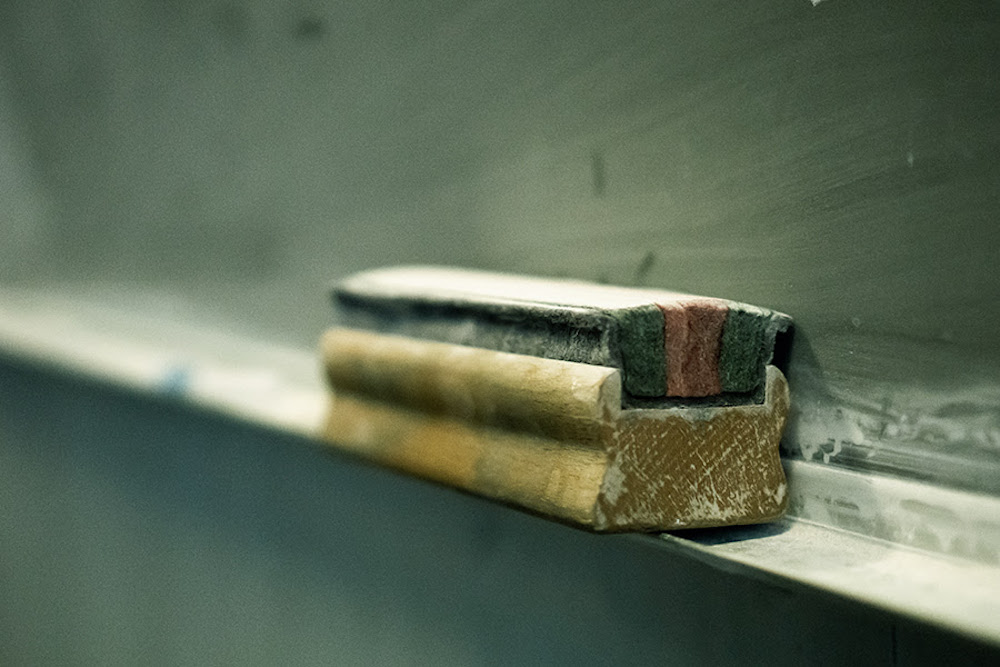Every week, the editors of The Paris Review lift the paywall on a selection of interviews, stories, poems, and more from the magazine’s archive. You can have these unlocked pieces delivered straight to your inbox every Sunday by signing up for the Redux newsletter.
This week at The Paris Review, we’re going back to school. Read on for Ha Jin’s Art of Fiction interview, Ottessa Moshfegh’s short story “Bettering Myself,” and Melanie Rehak’s poem “Self-Portrait as the Liberal Arts.” And to celebrate the students and teachers in your life, why not gift our special subscription deal featuring a copy of Writers at Work around the World for 50% off?
After you’re finished, mark your calendar for our forthcoming Fall issue launch, on September 23 at 6 P.M. EST. This free virtual event will feature several Fall issue contributors reading from their work: Rabih Alameddine, Lydia Davis, Emma Hine, and Eloghosa Osunde. For more information and to RSVP, please visit our events page.
If you enjoy these free interviews, stories, and poems, why not subscribe to The Paris Review? You’ll also get four new issues of the quarterly delivered straight to your door. And for as long as we’re flattening the curve, The Paris Review will be sending out a new weekly newsletter, The Art of Distance, featuring unlocked archival selections, dispatches from the Daily, and efforts from our peer organizations. Read the latest edition here, and then sign up for more.
Ha Jin, The Art of Fiction No. 202
Issue no. 191, Winter 2009
INTERVIEWER
Is it better for a writer to be out in the world working rather than in an academic setting?
JIN
It really depends on the individual. Some people prosper in a working environment, some people don’t. But I think for a poet, teaching is a great profession. Because you don’t have to spend a lot of time on poetry, you can get stimulated by interacting with others. For fiction writers I think it’s hard because a novel takes so much time, so much energy, and often that’s the time and energy you spend on the students’ work, on teaching.
Bettering Myself
By Ottessa Moshfegh
Issue no. 204, Spring 2013
My classroom was on the first floor, next to the nuns’ lounge. I used their bathroom to puke in the mornings. One nun always dusted the toilet seat with talcum powder. Another nun plugged the sink and filled it with water. I never understood the nuns. One was old and the other was young. The young one talked to me sometimes, asked me what I would do for the long weekend, if I’d see my folks over Christmas, and so forth. The old one looked the other way and twisted her robes in her fists when she saw me coming.
Self-Portrait as the Liberal Arts
By Melanie Rehak
Issue no. 165, Spring 2003
1. ARITHMETIC
The addition of solitude untrammeled,
one and more and more but always
the inner life astray,
that equation incompatibly private.The errors unrepenting that will not
come out right.Tautology, tautology. What I’ve said
in argument cannot be taken away.
I’ve emptied my pockets of change.
And to read more from the Paris Review archives, make sure to subscribe! In addition to four print issues per year, you’ll also receive complete digital access to our sixty-seven years’ worth of archives.
from The Paris Review https://ift.tt/3iueIwe



Comments
Post a Comment